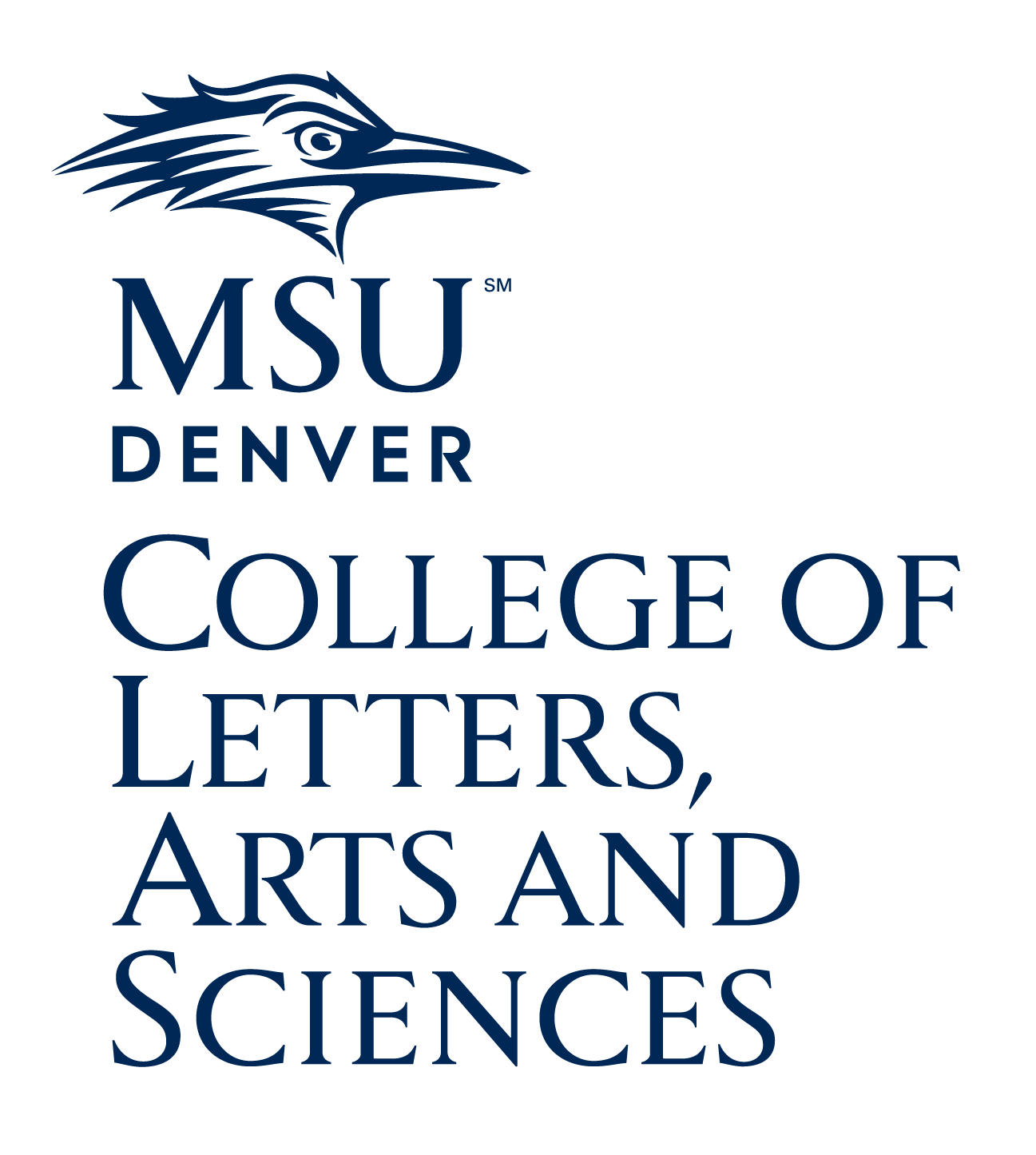Have Questions? We have answers.
Contact UsConnection Points and Innovation
We educate our students in specific disciplinary fields with an interdisciplinary viewpoint. Bridging connection points between disciplines sparks the kind of discovery, creation, and innovation that is the hallmark of our college. We build our students’ capacity to experience and understand humanity and the world in ways that are different from other institutions. This enables our students to pursue meaningful careers and a life of substance.
The Dean’s Innovation Fund provides essential resources to support faculty and student projects, equipment, travel, and cross-departmental events. These resources are the seeds from which great ideas, experiences, and solutions grow in support of our Roadrunner commitment to “changemakers.”
Dean’s Innovation Grants
The Dean’s Innovation Grant funding provides financial support and incentives for impactful interdisciplinary efforts in the College. Learn more about the grant process and read featured stories.
Visit the Dean's Innovation Fund Grants PageCLAS Event Funding
Inviting and hosting various experts to our campus to interact with our students as lecturers, visual artists, moderators, performers, inventors, and motivators is an essential component of a meaningful education. The Dean’s Office is happy to supply up to $3,000 for cross- and interdisciplinary events that enhance curriculum, make connection points across disciplinary practice, and demonstrate the vital need for broad, liberal arts and sciences education.
Team and Co-Teaching
While team and co-teaching models exist in select areas of higher education, the practice has not been utilized to a great extent outside of teacher-preparation and health-related programs. A major component of our mission emphasizes an education for our students to “understand the intersectional qualities of humanity and thought.” With that in mind, it is imperative that we approach new models of content delivery for today’s students. Through the operationalization of team and co-teaching, we can provide a vibrant, multi-beneficial learning environment.
Team Teaching
Team teaching is a model where faculty are collectively planning the course, collaborating on assignments and projects, and splitting up most, if not all, days of instruction (each instructor takes individual days in the classroom). The amount of credit awarded to a faculty member’s load for team-taught classes is an even split of the course’s credits between the instructors. Team teaching will not allow for more than 3 instructors for any class. Classes that are team-taught must be a minimum of 3 credit hours.
Co-teaching
Co-teaching, on the other hand, requires course planning, collaboration on assignments and projects, but faculty are both in the classroom most, if not all, days of instruction. Co-teaching is a highly integrated, interactive, and vibrant learning environment. Both instructors are contributing in equal amounts to the entire course in the planning, instruction, engagement, and assessment. The amount of credit awarded to a faculty member’s load for co-taught classes is the amount of the course’s credits for each instructor. Co-teaching will not allow for more than 2 instructors for any class. Classes that are team-taught must be a minimum of 3 credit hours.
Benefits and Protocols
• Exposure to a multi-disciplinary lens and faculty expertise
• Concrete model of inter- and cross-disciplinary thought, context, and application
• Demonstrates informed and respectful dialogue within a collaborative space
• Enhances the richness and experience within the learning environment
• Exposure to other pedagogical approaches and teaching philosophies
• Engage in new ways of thought, analysis, and content
• Re-energize the teaching experience and passion for student learning
Faculty should discuss Team and Co-Teaching opportunities with Department Chair and/or Director in advance to the Registrar’s call of schedule. The Chair and/or Director will work with the CLAS Associate Dean for Data and Enrollment Management to assess scheduling impacts, course load, and other matters of concern. Once the possibility of offering the class is secured, a formal request will be sent via email to the Associate Dean with the following information:
Course #:
Course Name:
Credits:
Instructors:
Instructors’ Responsibility Percentage:
Rationale (Include whether this is co-teaching or team teaching):
Once approval is received, the Chair/Director then adds the course to Banner. The Associate Dean will ensure the approval email contains the amount of teaching credit awarded for each instructor. It is each faculty member’s responsibility to ensure the approval email is uploaded into Watermark. Any discrepancy between the auto-generated credit hours and the awarded credit hours for co-teaching must be addressed in the teaching narrative.
In Banner, one instructor must be entered as a primary instructor. The percent of responsibility and percent of session must add up to 100%. For Cross-Listed courses, individual faculty may be entered for discipline specific prefixes using the override indicator. We recognize these Banner limitations and acknowledge that these variables do not necessarily reflect teaching responsibilities for the course. The amount of credit each faculty member is assigned towards their teaching load will be determined on a case-by-case basis for now, while the Dean’s Office works with Department Chairs in developing a formula and set of guiding principles for credit distribution.
When addressing SRI comments, students should be reminded to start with instructor’s name before entering comments. Faculty are encouraged to address any SRI concerns in their narrative as well as add annotations and supporting documentation to Watermark.
College of Letters, Arts and Sciences
Campus Location:
Aerospace and Engineering Sciences Building 440
Mailing Address:
Campus Box 37
P. O. Box 173362
Denver, CO 80217-3362
Email:



